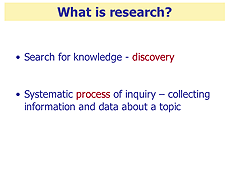|
|
Matthew O’Donnell:
Thanks, Daniel, and thanks for inviting me. I look forward to the rest of the day to hear about research in architecture. Daniel mentioned, ticked off a list of things, about population, about global warming, other things. Its page 1 of our strategic plan—exactly the same topics to be looking at. I'm sure, albeit from a very different perspective, they will be important for us. So, three qualifications before I get into this.
Number 1, this is an engineer's perspective. So, if there's a translation problem, if I speak French or German to you, or especially if I speak Swahili, please either interrupt or catch me at a break, and we can do that. I know; I've been there. I'm a bioengineer. I lived in two worlds of the life sciences and the physical sciences for a long time.
Second, I'm going to talk from an academic perspective. As Daniel said, I spent 10 years in industry myself. I've helped launch three companies, so I know small-company, large-company, and academic environments reasonably well. Again, I can help translate anything that's into that.
Third, again, this is meant to engender discussion and open it up for ideas rather than trying to give you absolute truth. So, if some of it looks that way, please, it is not intended that way. But slides have a tendency to make things look almost permanent.
So, what is research? So, I think there are really two ways of looking, as a broadest definition. First of all, it is a search for knowledge, so it's discovery, discovering new things, discovering how the world works. But in addition, another equally important component of it is the process. That is, how do we go about discovering, or what are the ways in which we collect information and data about a topic, and then, how do we view that and look at that and understand about our nature and our world around us from this process?
>
01 02 03 04 05 06 07 08 09 10 11 12 13 14 15 16 17 18 19
|
|

|
